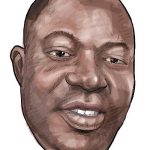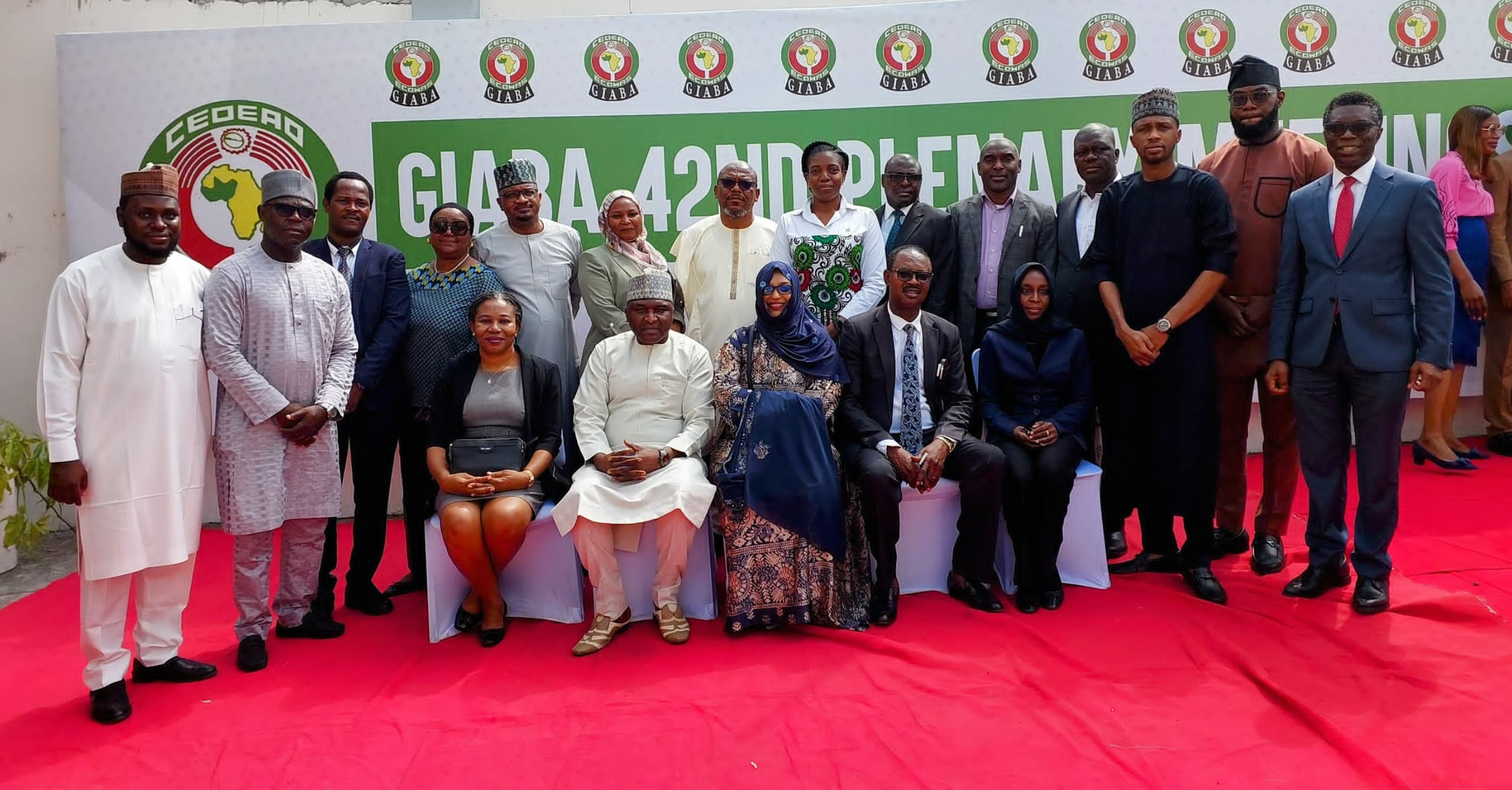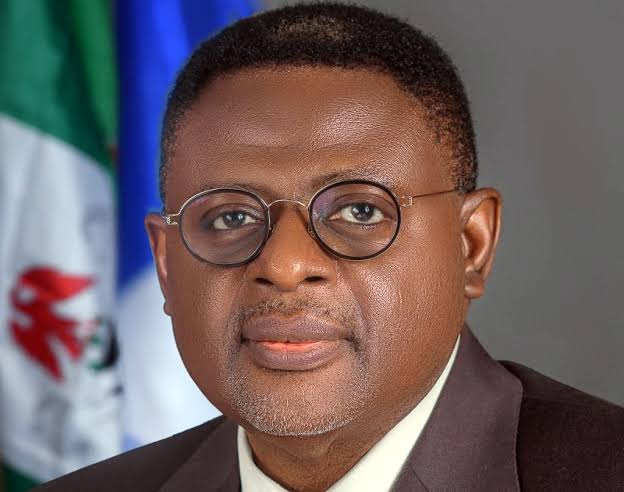November 24, (THEWILL) – Bishop Matthew Kukah of the Roman Catholic Diocese of Sokoto has declared that President Bola Tinubu stands out as the only Nigerian leader who came into office prepared for governance since the country’s independence in 1960.
Kukah made this assertion during his keynote address at the commissioning of Start-Rite School’s new building and the 4th Amaka Ndoma-Egba Memorial Lecture, held over the weekend in Abuja.
In his speech, the cleric critically analysed Nigeria’s leadership trajectory, asserting that previous leaders, including former Presidents Muhammadu Buhari, Goodluck Jonathan, Umaru Musa Yar’Adua, Olusegun Obasanjo, and others, assumed office without adequate preparation or capacity for governance.
Tracing Nigeria’s leadership history, Bishop Kukah stated that many of the country’s leaders ascended to power by chance rather than deliberate planning. “From the beginning, you’ll find that almost everybody who came to power in Nigeria did so as a result of one accident or the other,” he said.
He credited Tinubu as an exception, noting, “President Tinubu prepared for it. However, we’re still trying to get off the ground. But he took over from Buhari, who had already given up.”
Kukah went on to outline the unexpected ascents of past leaders.
He said, “Buhari succeeded Jonathan, who thought after his tenure as deputy governor, he would retire, but fate propelled him to the presidency.
“Jonathan replaced Yar’Adua, who had planned to return to teaching at Ahmadu Bello University after his governorship.
“Yar’Adua took over from Obasanjo, who unexpectedly transitioned from prison to presidency.
“Obasanjo succeeded Abacha, who died suddenly despite the political parties’ unanimous endorsement for him to remain in power indefinitely.”
Kukah further argued that the true value of democracy goes beyond physical achievements like roads, railways, and infrastructure.
He cautioned against equating development solely with tangible projects, stating, “If democracy were just about infrastructure, people would still praise regimes like Hitler’s Germany or apartheid South Africa.”
Instead, he emphasised the intangible benefits of democracy, such as expanding the frontiers of human imagination and fostering a system where governance is rooted in knowledge and capacity.
While acknowledging the flaws in Nigeria’s democratic system, Kukah urged Nigerians to exercise patience and manage their expectations.
“We are very impatient with ourselves. Nigerians are surprised when I say we have done pretty well. Of course, we are not where we want to be, but perfect places don’t exist,” he said.
He also cautioned against seeking leaders who promise perfection, noting, “We shouldn’t look for leaders to take us to a place of perfection because such places don’t exist. What we need are leaders who meet minimum standards of competence, knowledge, and vision.”

 2 hours ago
3
2 hours ago
3

















